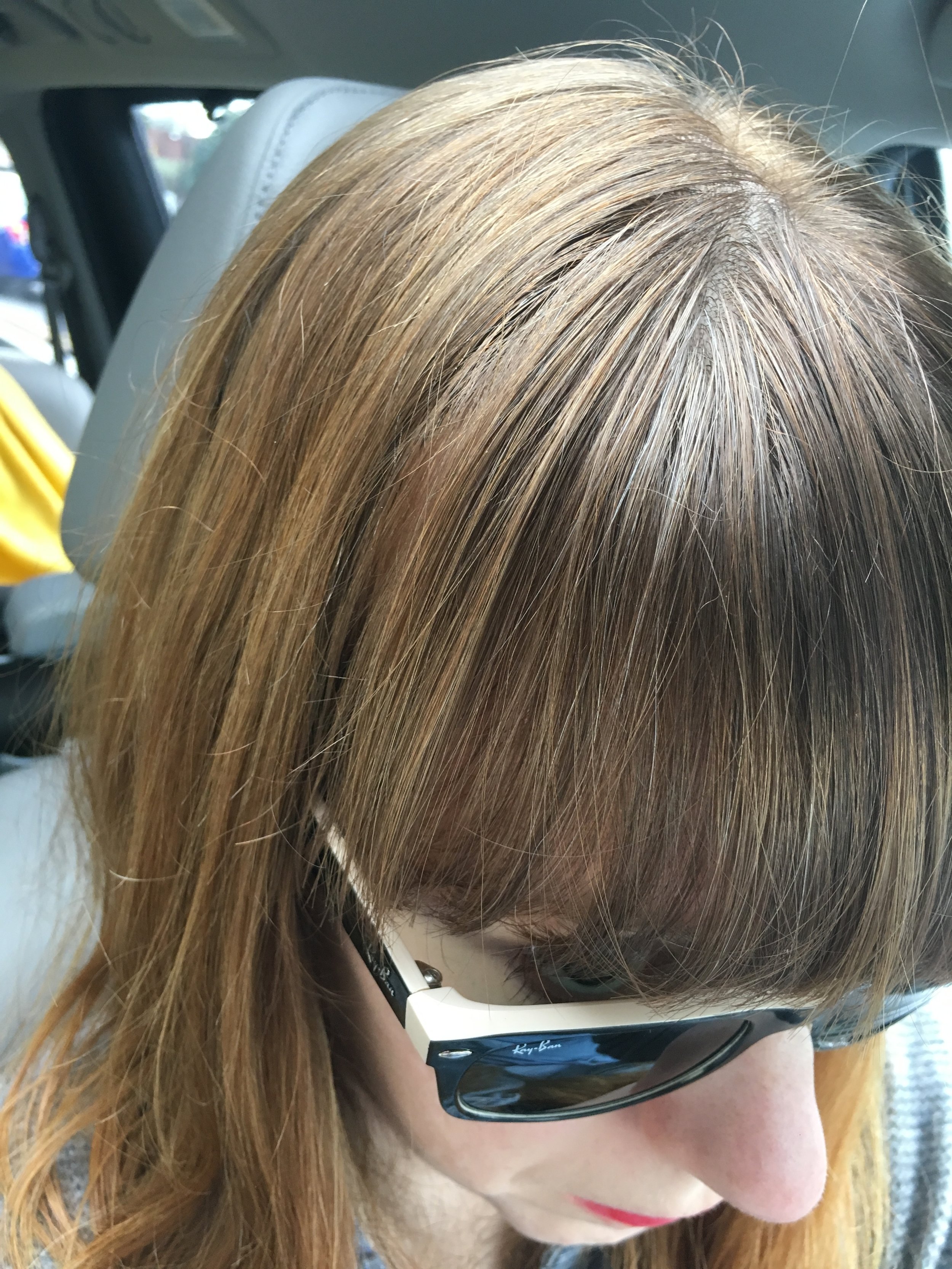Photo Credit: spinster cardigan via Compfight cc
I love therapy. I think everyone could benefit from therapy.
I tell everyone I know they should go to therapy. For my closest friends, the people I know and love and see struggling with everything from small issues to major traumas, I beat the drum of therapy until they usually relent and try it out.
Often, people will tell me a family member or spouse doesn’t “believe” in therapy. This particular phrasing amuses me because therapy isn’t the tooth fairy or Big Foot. I assure you it is real and it exists and there is a mountain of scientific evidence that proves it is beneficial.
Of course, I think when people hear therapy they picture a neurotic New Yorker in weekly sessions for their entire lives. I assure you this is not what I’m talking about.
The first time I went to therapy was when I was first married and lived in North Carolina. I went for several sessions during which the therapist praised my emotional intelligence and resilience. Mostly, her praise was based on my less-than-genuine approach to our sessions and my desire to keep my most vulnerable moments to myself.
In other words, the first time I tried therapy didn’t really take.
Often, I think people give up at this point. They weren’t ready to reveal or the therapist was a good fit so they give up. Don’t give up! Try another therapist. Or try another time but don’t decide therapy isn’t for you because it didn’t work the first time.
The second time I went to therapy was when I lived in Washington, D.C., while I was pregnant with Griffin. I have shared before that I was having intrusive thoughts about those I loved dying in tragic ways so I went to therapy to deal with those thought patterns before I started inflicting them on a teeny tiny newborn.
I was ready to be vulnerable. I was honest with my counselor. As a result, the approximately three months I went to therapy were incredibly fruitful. I was diagnosed with post-traumatic stress disorder. I was able to examine with my counselor’s help why I thought the way I did and why it was damaging pattern I needed to address.
There came a natural end to the therapy when I felt like I had gotten real and productive help and was ready to move on.
All of this is on my mind because I’ve recently begun therapy again. After the tragic loss of my friend and the upcoming addition of a new member of our family, I thought it was time for what I like to call a “tune up.”
I recently went for my first session, cried pretty much the entire time, and felt better immediately.
I wish I could describe what it’s like to sit and share your trials and tribulations with a perfect stranger but I can’t. I wish I could adequately explain how something that seems so intimidating can (in the hands of the right therapist) be so comforting but I can’t.
All I can say is no matter how close you are to family or friends or your spouse therapy is different. The person who is listening to you isn’t invested in the outcome. They don’t want to “fix” you or talk you out of your stress because it’s painful for them to see you suffering. They are a professional - just like a doctor or a mechanic - they can notice the patterns and help you find a solution. So often the solution is just diagnosing the problem to begin with.
So, if you’re struggling with something or on the fence about talking to a professional, let me be the one to say - therapy helped me and it can help you, too.
Have you ever attended therapy? Did you find it helpful?
This post originally appeared on Salt & Nectar.







